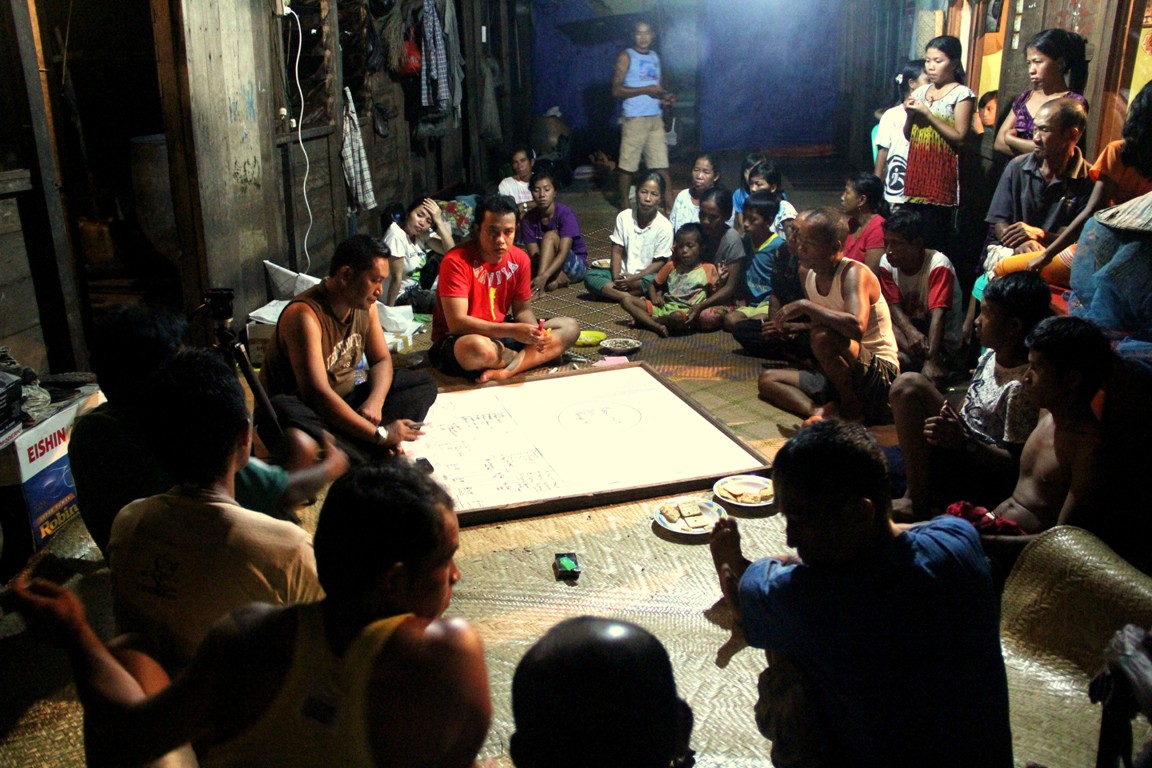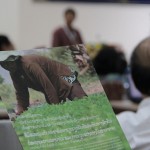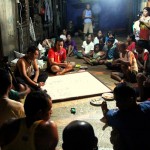The Non-Timber Forest Products – Exchange Programme (NTFP-EP) in collaboration with the ASEAN Social Forestry Network (ASFN) Secretariat has provided a platform for CSOs to effectively communicate their inputs on social forestry (SF) and related issues to ASEAN member states (AMS) since 2011 under the ASEAN Swiss Partnership of Social Forestry and Climate Change (ASFCC).
Through capacity building initiatives, government-CSO multi-stakeholder processes, and research & knowledge sharing, NTFP-EP has enabled CSO participation at national and sub national policy development particularly in the formation of the national REDD+ strategy in the Philippines and the engagement of civil society and indigenous peoples (IP) inputs into the implementation of the REDD+ roadmap and governance structures in Cambodia. In Malaysia, livelihood development as a step wise approach to community involvement in forest management was initiated.
Building on its strengths within the ASFCC programme and as a whole, NTFP-EP’s priority areas in ASFCC-2 would include facilitating the participation of CSOs at local, national regional(ASEAN) levels, livelihood development and policy advocacy on social forestry and climate change (CC). NTFP EP’s priority areas will contribute to ASFCC-2 overall and specific objectives. To continue to promote and enhance civil society (IPs, community forestry groups, women, vulnerable groups) engagement in ASFN, NTFP-EP would contribute to:
- 1. Mainstreaming social forestry through national, state level community forestry bodies,
- 2. Assessing and supporting community livelihood adaptation strategies in Malaysia (Sabah & Sarawak), Philippines, Cambodia and Indonesia. Assessing impacts and presenting opportunities for Social forestry within the planned ASEAN Economic Community (AEC) Integration in 2015
- 3. Enhancing the effective engagement of theASFN Civil Society Forum,
- 4. Implementing a multi-stakeholder approach of the Philippine National REDD Plus Strategy (PNRPS).
- 5. Facilitating exchanges on inclusive REDD+ process and other SF and CC related themes,
Further, based on recent AMS request, NTFP EP will support efforts in Lao PDR, Myanmar and Vietnam particularly on livelihood based climate change adaptation, and NTFP development.



